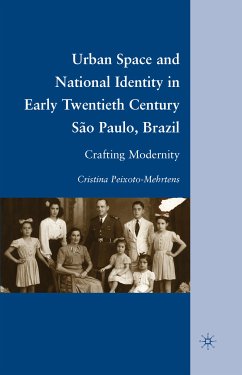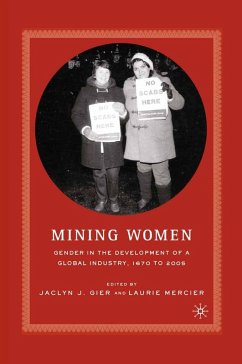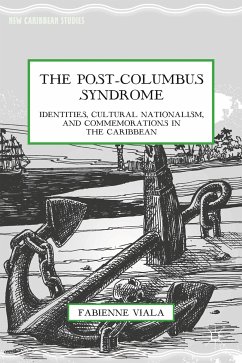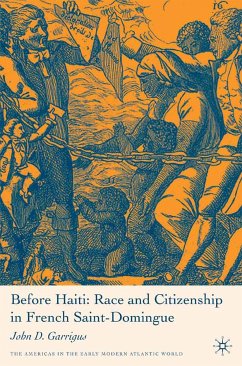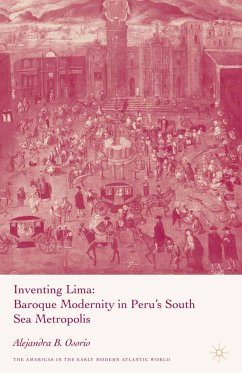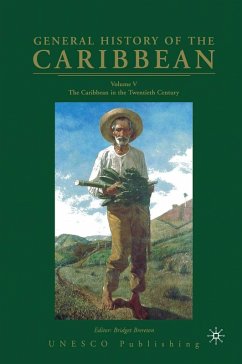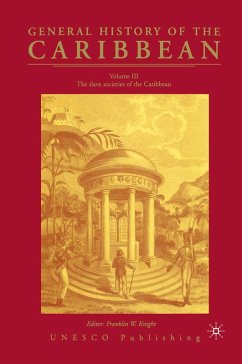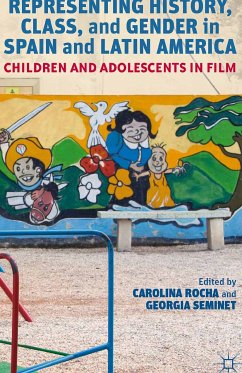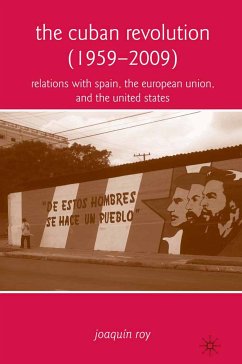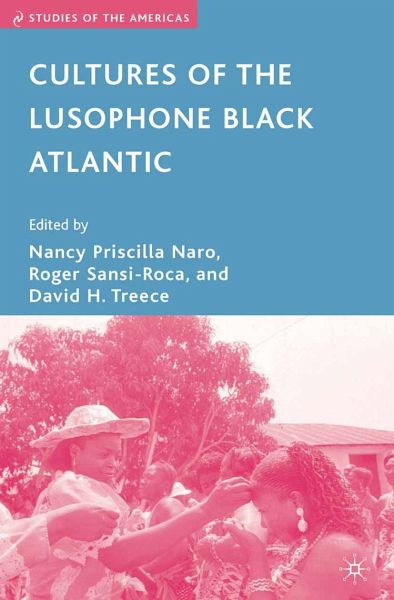
Cultures of the Lusophone Black Atlantic (eBook, PDF)
Versandkostenfrei!
Sofort per Download lieferbar
72,95 €
inkl. MwSt.
Weitere Ausgaben:

PAYBACK Punkte
36 °P sammeln!
This book addresses the Lusophone Black Atlantic as a space of historical and cultural production between Portugal, Brazil, and Africa. The authors demonstrate how it has been shaped by diverse colonial cultures including the Portuguese imperial project. The Lusophone context offers a unique perspective on the history of the Atlantic.
Dieser Download kann aus rechtlichen Gründen nur mit Rechnungsadresse in A, B, BG, CY, CZ, D, DK, EW, E, FIN, F, GR, HR, H, IRL, I, LT, L, LR, M, NL, PL, P, R, S, SLO, SK ausgeliefert werden.



